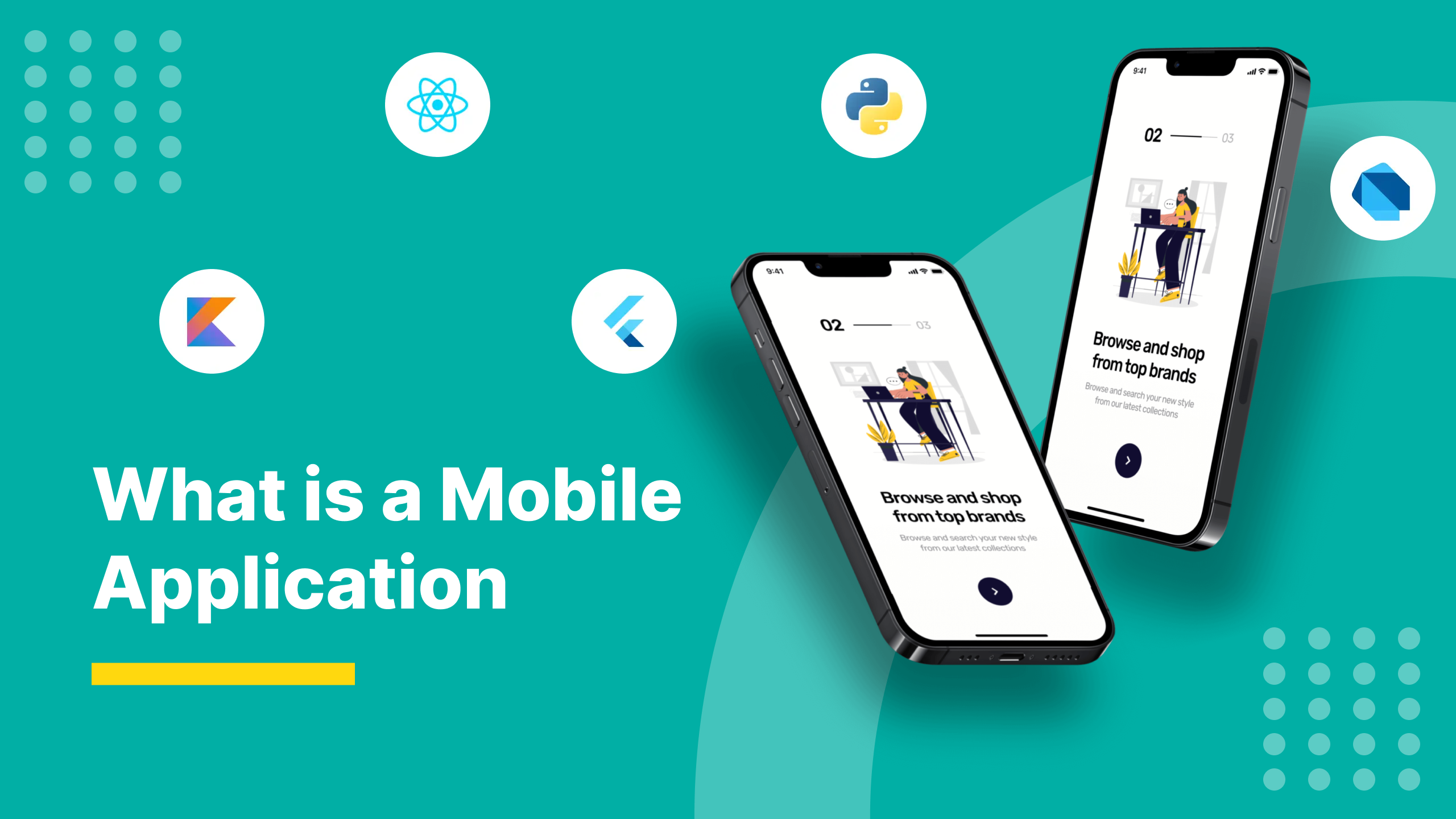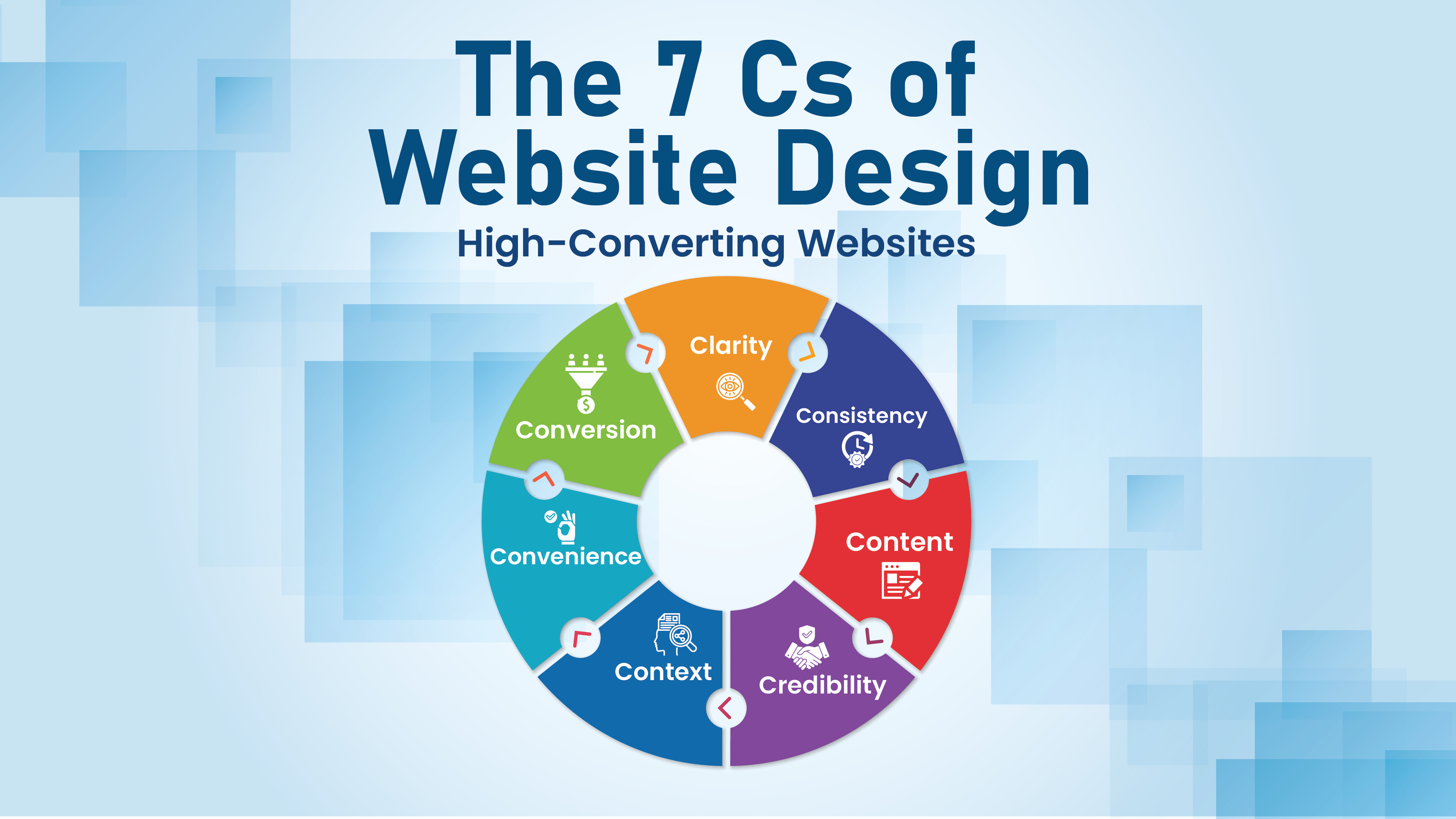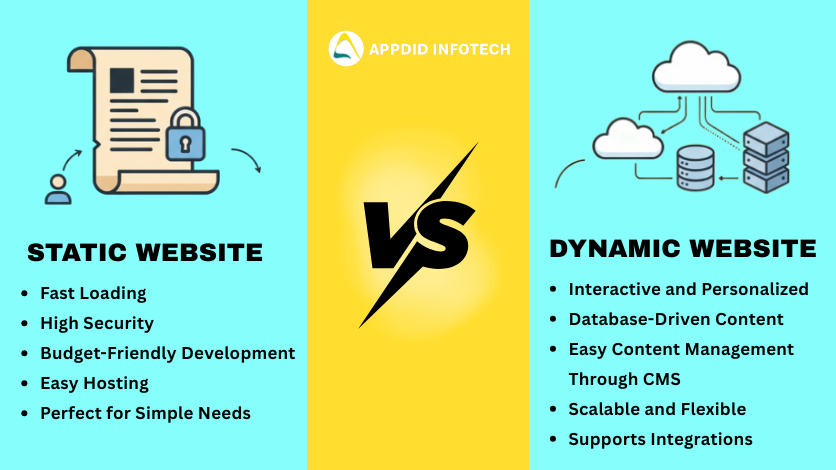A mobile application can be described as an app, a web app, an iPhone app, or a smartphone app, depending on the context. For the most part, mobile applications fall into three categories: native mobile apps, cross-platform mobile apps, and hybrid apps. Understanding what mobile app development entails is essential for creating effective applications. Mobile apps help you manage your life on the go! This way, you won't miss a deadline or let an opportunity pass you by.
Mobile Application Platforms
Despite serving similar purposes to desktop applications, mobile apps differ depending on their platform. Using a mobile application platform, you can design and develop your mobile app according to your requirements. A MADP has features such as mobile backend as a service (BaaS), front-end development tools, and management tools for application programming interfaces (APIs). There are three types of MADPs: a native mobile app development tool. This all-inclusive mobile app development platform includes analytics and web publishing tools or uses hybrid application development technology to create applications that work in multiple form factors.
There are three broad categories of mobile app development platforms, based on how they support the applications' lifecycle: cloud-based, on-premises/in-house, and codeless. For example, MADPs typically come with a variety of tools that allow developers to build and test their apps in real-time. They also usually offer significant customization options for users and provide added security when handling user data.
Mobile Application Design & Development
- Native Mobile App Development
Native mobile applications are developed based on the operating system that they are running on. If you build a native mobile application, you will develop one application that runs on multiple devices, such as Android. That said, let’s explore what this means in more detail. Native mobile applications take advantage of their respective ecosystems, features, and customizations - hence making them more flexible as well. Developing native apps is more suitable for Android devices, but it won't work on iOS devices, so don't worry, we have some other solutions in mind. - Hybrid Mobile App Development
Hybrid app development is best suited for multiple operating systems and devices. With the hybrid development approach, you can build an application that runs on the Web and iOS or Android, while also using other languages. The procedure also helps to enhance user interaction between the web and native applications; users can enter the text within a mobile site in order to gather responses from the back-end server - without needing a login. Each team member will be responsible for certain specific roles, such as front-end developers, back-end developers, testers, etc. - Cross-Platform Mobile App Development
Cross-platform app development is the process of developing an app that will work on different platforms. This means you can have one codebase and make different versions for different platforms. The main advantage of this is that it makes it easier to design and develop an app that works on multiple platforms with impressive functionality without compromising on its speed or efficiency.
Unlike native apps, it provides flexible UI/UX design and widgets that make it easier to use, and it supports both Android and iOS development, saving you time. Also, it gives businesses more opportunities to reach out to customers who use different devices or operating systems.
Mobile Application Benefits to the Businesses
Would you believe that mobile apps can also help you elevate your small business to a whole new level? That's right, it really can, and we can help you elevate your business by creating a custom app.
Investing in an application for your small business will surely pay off in the long run, and these are the reasons:
- A mobile app can increase your sales because it allows you to deliver value directly to your customers where they spend most of their time.
- A mobile app allows your customers to access your online store or business platform conveniently.
- You can reach a wider audience by offering regular updates about your upcoming products, sales offers, and other services to your customers by using a mobile app.
- You can retrieve your business information from the app in seconds, increasing your staff's productivity and resulting in online business growth.
- Without hiring additional staff or opening new branches for your business, you can engage vast clients and keep them loyal by investing in a mobile app.
- A mobile survey with customer permission is simple to conduct, but an offline survey is challenging, and this can lead to online business development.
A good mobile application can help your small business shine in a crowded marketplace.
Conclusion
To sum up, mobile applications make it easy for you to stay organized. That’s why here at Appdid, we’re all about the apps! We’re app creators, and we work hard to develop cutting-edge applications that help individuals and organizations stay on top of business no matter where they are. Check us out today—you won’t regret it!










